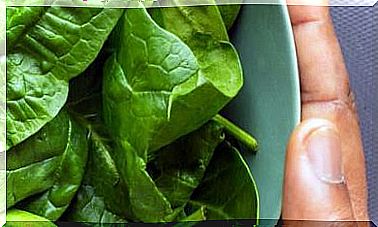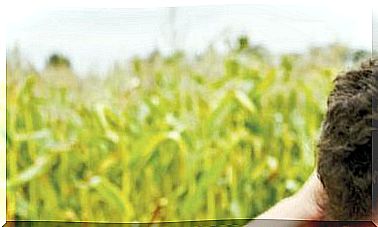We Can Reduce The Environmental Impact With A Meat-free Diet
If in Spain there were a change towards a vegan diet, the emissions related to food could be reduced by up to 71%. It is one of the suggestive results of the ProVeg 2019 report.

Is it enough to substitute meat for other animal proteins to reduce our ecological footprint? That certainly helps. However, according to the results of the ProVeg 2019 report, “Beyond the meat”, people concerned about the environment should adopt a vegan diet to significantly reduce their ecological footprint.
A week without eating any food of animal origin avoids the same emissions that are generated when driving a car for 100 kilometers.
If all Spanish society opted for a vegan diet, it could reduce emissions related to food by 71%. Furthermore, adopting this type of diet globally would reduce water consumption by 36% and would mean a 62% reduction in the impact on land use.
And only with half of Spaniards cutting their consumption of animal products by half, the impact of emissions would be reduced by 36%.
Choose your meat substitutes wisely
We are less and less carnivores. The results of the ProVeg 2019 report are partly encouraging. Not surprisingly, they note that the proportion of Spaniards who are choosing to eliminate meat from their diet is increasing (especially among young people). Between 2013 and 2018, meat consumption in Spanish households fell from 7 kg to 1.4 kg per year.
Currently, 20% of Spaniards have chosen to eliminate meat from their diet.
However, according to data from the same report, the percentage of Spaniards who eat a free diet of all kinds of animal products (such as milk, fish or dairy products) is still low. 35% of the food consumed by Spaniards is still of animal origin.
In addition, some people substitute meat for other proteins of animal origin that can be as harmful to the environment as industrial meat itself: if we want to reduce the environmental impact, we must opt for vegetable proteins.
Also reduce the consumption of fish, molluscs and crustaceans
A large part of the weight of a fish, a crustacean or a mollusk ends up in the garbage (thorns, shells …). This waste represents a greater environmental burden. In crustaceans and molluscs the waste is greater than in fish.
In addition, the environmental impact varies greatly between some species of fish and others, due to the different fishing techniques used. Fish from wild fisheries causes large emissions per kilogram (due to the high fuel consumption of ships). The carbon footprint produced by farmed mollusks is also high.
Substitute (well) dairy products
Eating a vegetarian diet significantly reduces the impact on the environment. However, the environmental impact of consuming dairy products is half that of consuming meat.
Substituting dairy products and eggs for other foods of non-animal origin would reduce food-related emissions by up to 39%, according to the ProVeg2019 report.
- Consuming non-dairy milk reduces the impact of CO2 by a quarter. Among them, according to the report presented, oat milk could be the one that causes the least environmental impact.
- Handcrafted nut, cashew or almond cheeses are better options to replace cheese than soy-based plant alternatives, which are made through industrial processes.
To understand what impact totally reducing the intake of animal products could have on the environment, we can look at this fact: every year, animal husbandry in Spain requires as much water as all Spanish households for more than 20 years .
In Spain, the consumption of products of animal origin represents a cost of one million liters of water per year. Opting for a totally vegan diet would reduce this water expenditure by more than 35%.









